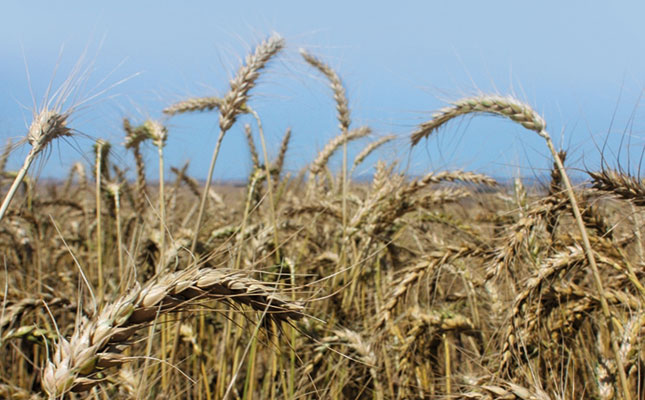
September’s global Food Price Index remained unchanged from August at nearly 170 points, but was 3,3% higher than the corresponding period in 2018.
The index, produced by the Food and Agriculture Organization of the United Nations (FAO), is the average of five separate international commodity prices.
The Cereal Price Index averaged 157,6 points. The wheat price was firmer in September than in August, but was 11% lower than September 2018.
Maize prices were down month-on-month as international prices continued to slide due to more maize being available for export in both Northern and Southern Hemisphere countries.
The Vegetable Oil Price Index averaged 135,7 points, which was 1,8 points higher than in August, and the highest in 13 months. Higher prices for palm and canola oils accounted for the increase.
The Dairy Price Index averaged 193,4 points in September, which was 0,6% down in August, but still 1,3% higher than the corresponding period last year.
While the Meat Price Index averaged 181,5 points in September, a marginal increase of 0,8% from August, the price of meat continued to firm on solid import demand, especially from China.
According to the Red Meat Producers’ Organisation, the average producer price for lamb and beef in South Africa decreased 15,3% and 0,5% respectively over the past year.
The Sugar Price Index averaged 168 points, down nearly 3,9% from August. The FAO said the decline had been driven by expectations of ample sugar stocks due to positive production prospects for the upcoming 2019/2020 marketing season.
According to the latest outlook for 2019 to 2028 compiled by the Bureau for Food and Agricultural Policy, local production and market demand has had a major impact on South African sugar production, resulting in a decrease of revenue of approximately R1,5 billion.












